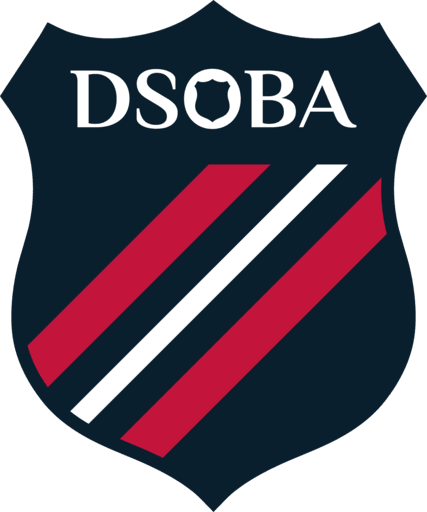From Amos Yong Jr 77
The past month or so, I had been thinking about my dear Mr Lowcock. I had a hunch I would hear news about him, but did not expect it would be on his passing.
Like many of my fellow schoolmates, we were able to interact with Mr Lowcock during our school years at DBS. We each were touch by him in a very special way. Our young lives were so influenced by him. My fondest memory of Mr Lowcock is when I see him. He always seems to want to ‘tease’ me with his knock knock joke. He would start to say knock knock. I would say who is it. He would say Amos. I would say Amos who. And he would say A MOSquito bit me. Knock Knock. I would say who is it. He would say Andy. Andy who. And he would say AND he bit me again. Because of that, he would never forget who I was, even after years of not seeing him. What a memory he had!!! We always had fun with this. Always.
Another major recollection of mine is his comment on my Assembly speech. I had spent 10 minutes sharing with my fellow schoolmates the importance of really knowing what life is all about. Is it about fame, fortune, family or fun? Or is it about faith? I mentioned unequivocably my faith in the Scriptures, we always read at Assembly. The Scriptures states that man is a sinner and has no hope of life eternal apart from the work of Christ’s life, death and resurrection from the dead. I stated Jesus Christ WAS resurrected from the dead, but Mr. Lowcock corrected me at the back of the school hall, that I should have said Jesus Christ IS resurrected from the dead. He was correct because Jesus Christ still lives today and IS resurrected to ensure anyone who puts their faith in Him will have eternal life. I am forever grateful to Mr Lowcock for that correction.
He always saw potential in his students. He, matter of fact, seemed to gravitate to the ‘naughty’ ones. But these naughty ones, as far as I can observe, later in life have succeeded in many ways. Whether I can attribute their success to Mr Lowcock or not, I do not pertain to know. But this I do know: He was there to help his students become better men. I have a lot to thank him for.
Now our dear headmaster, mentor, friend and confidant is gone from this life. I do hope I will see him in the life to come.
Mr Lowcock may you rest in peace.
